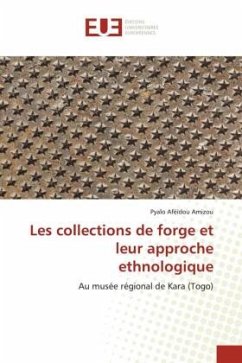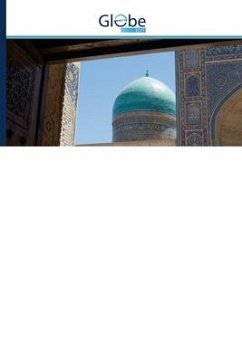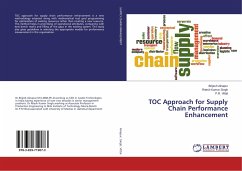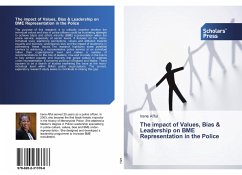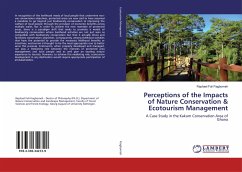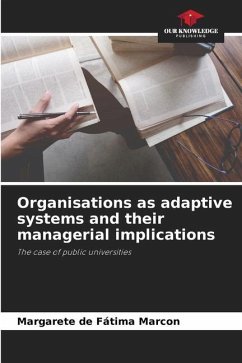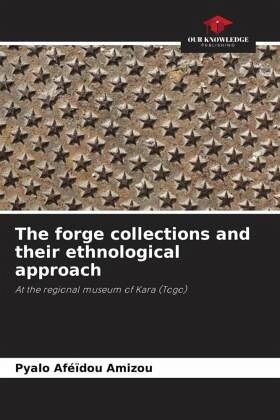
The forge collections and their ethnological approach
At the regional museum of Kara (Togo)
Versandkostenfrei!
Versandfertig in 6-10 Tagen
29,99 €
inkl. MwSt.

PAYBACK Punkte
15 °P sammeln!
Written productions on crafts are not only testimonies of the past, they also serve to enhance and ensure the sustainability of our know-how; because the weakness of the means of transmission of these trades nowadays proves to be a sign of abandonment of our heritage. If the museum can preserve all the objects and tools of the world, the pain, the gesture, the effort, the knowledge - do often elude exhibition halls. Not only must these above-mentioned values intervene in the activities of ethnographic museums, but they must also reflect all their ethnographic essences. At this point, the museu...
Written productions on crafts are not only testimonies of the past, they also serve to enhance and ensure the sustainability of our know-how; because the weakness of the means of transmission of these trades nowadays proves to be a sign of abandonment of our heritage. If the museum can preserve all the objects and tools of the world, the pain, the gesture, the effort, the knowledge - do often elude exhibition halls. Not only must these above-mentioned values intervene in the activities of ethnographic museums, but they must also reflect all their ethnographic essences. At this point, the museum needs help and it cannot do the job alone because all its attempts will be stricken with vanity. The ethnologists told us about ironwork, its history, its symbolic dimension and the representation of the person of the blacksmith through various cultures in the world. Our fieldwork therefore made it possible to make an inventory of the know-how of the forge in Kabyè and Bassar environments in Togo and of the collections relating to the Kara regional museum. The purpose of this approach is to promote the forging profession.



